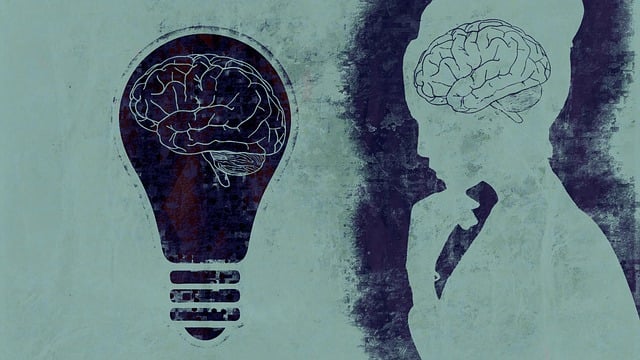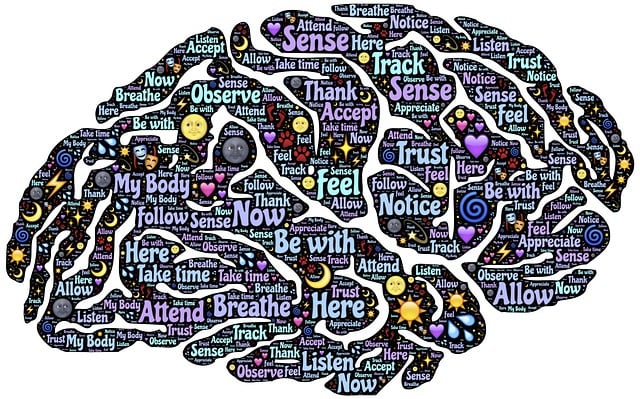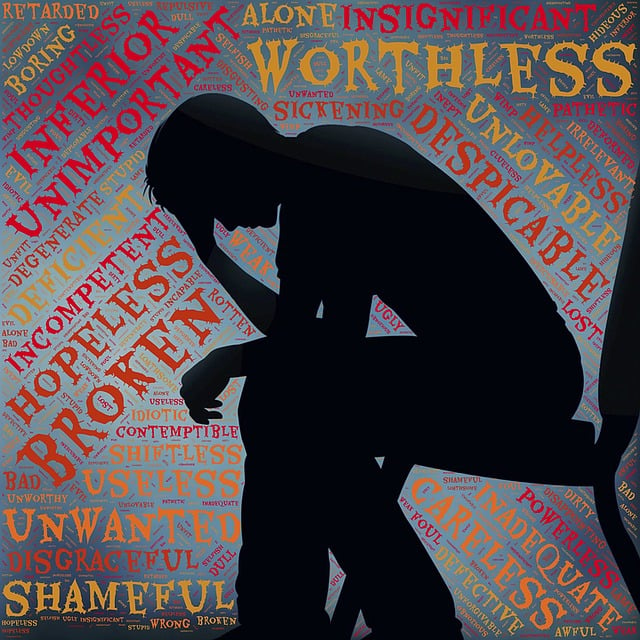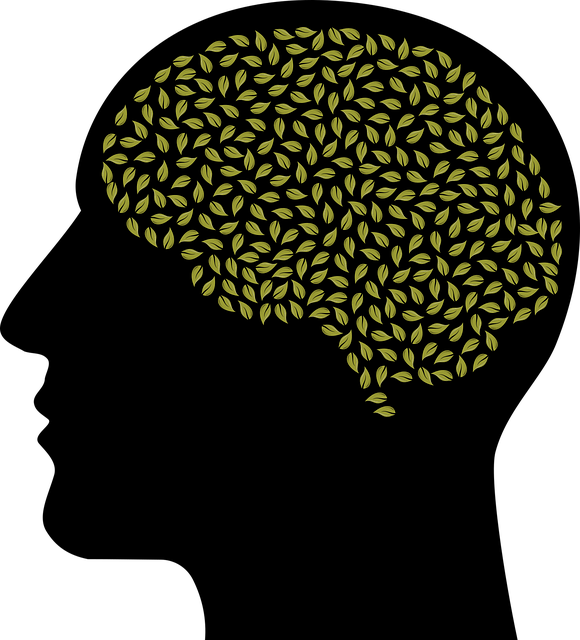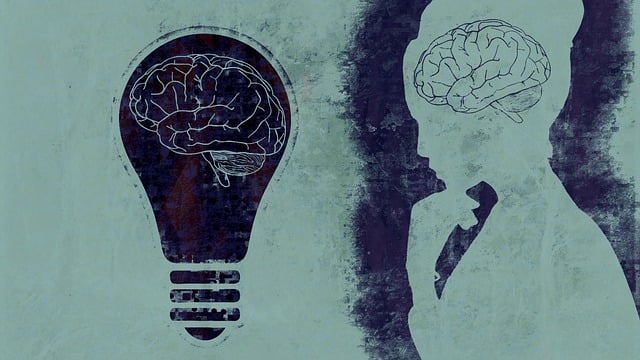Superior International Adoptions Therapy leads global mental health education by fostering inclusive communities through culturally sensitive programs. Using evidence-based practices and holistic approaches, they empower individuals with stress management, self-care, and compassionate advocacy. Their tailored interventions focus on physical well-being, mindfulness, and open communication to achieve lasting positive change. Measuring program impact beyond knowledge, they integrate risk management, empathy building, and data review for continuous improvement in diverse communities worldwide.
Mental health is a vital aspect of overall well-being, yet it often remains shrouded in stigma. This article explores the design of comprehensive mental health education programs aimed at breaking down barriers and fostering global understanding. We delve into strategies such as cultural sensitivity, diversity inclusion, and practical techniques for therapy sessions, all essential components of effective programs. Additionally, we discuss measuring impact and continuous improvement to ensure these initiatives have a lasting positive effect, particularly in diverse international settings, emphasizing Superior International Adoptions Therapy’s role in enhancing mental health accessibility globally.
- Understanding Mental Health: Breaking Stigma and Promoting Awareness
- Tailoring Education Programs: Cultural Sensitivity and Diversity
- Practical Strategies for Effective Therapy Sessions
- Measuring Impact and Continuous Improvement in Global Settings
Understanding Mental Health: Breaking Stigma and Promoting Awareness

Understanding mental health is a crucial step in fostering a supportive environment for everyone’s well-being. By breaking down the stigma surrounding mental health issues, we can encourage individuals to seek help and support when needed. This involves educating people about various aspects of mental health, including common disorders, their causes, symptoms, and available treatment options. Superior International Adoptions Therapy plays a vital role in this process by offering comprehensive programs that promote awareness and provide tools for emotional healing processes.
Through interactive workshops and resources, these programs aim to enhance individuals’ knowledge about stress management techniques and self-care practices. Additionally, they can facilitate conversations on mental health policy analysis and advocacy, ensuring that participants understand their rights and the importance of supportive legislation. By empowering people with this knowledge, communities can create a more inclusive and compassionate atmosphere where everyone feels comfortable accessing mental health services.
Tailoring Education Programs: Cultural Sensitivity and Diversity

In designing mental health education programs with global reach, such as those tailored for international adoptions like Superior International Adoptions Therapy, cultural sensitivity and diversity are paramount. Recognizing that every community has unique norms, beliefs, and challenges in relation to mental health is crucial. Education materials and strategies should be adaptable to accommodate these differences, ensuring effective communication and understanding across diverse cultural spectra. Incorporating culturally responsive practices into the curriculum not only enhances learning but also fosters a sense of inclusion and trust among participants.
This approach involves sensitive navigation of topics like resilience building, risk assessment for mental health professionals, and confidence boosting while considering cultural contexts. For instance, discussions on stress management might need to be adapted for communities with distinct coping mechanisms or beliefs about seeking help. By integrating these considerations into the program design, educators can create an environment that respects diversity, promotes understanding, and ultimately improves mental health outcomes for all participants, regardless of their cultural background.
Practical Strategies for Effective Therapy Sessions

In designing effective therapy sessions, a holistic approach that combines various evidence-based practices can significantly enhance mental health outcomes. At Superior International Adoptions Therapy, we emphasize practical strategies tailored to individual needs. One such strategy is encouraging clients to develop a robust self-care routine for better mental health. This includes promoting regular exercise, adequate sleep, and balanced nutrition, which form the foundation of overall well-being. Additionally, incorporating mindfulness meditation and compassion cultivation practices into therapy sessions helps individuals cultivate inner calm, empathy, and resilience, thereby improving their coping mechanisms.
Our therapists also employ techniques that foster open communication and create a safe, supportive environment. By integrating these practical strategies, we aim to empower clients with the tools necessary to navigate life’s challenges more effectively. Through tailored interventions, we help individuals not only manage existing mental health conditions but also cultivate long-lasting positive changes in their lives.
Measuring Impact and Continuous Improvement in Global Settings

Measuring the impact of mental health education programs is crucial for ensuring their effectiveness and driving continuous improvement on a global scale. In diverse settings, evaluating success goes beyond simple attendance or knowledge retention; it involves assessing behavioral changes, improved help-seeking attitudes, and enhanced recovery outcomes. By adopting robust evaluation frameworks, such as those that capture participant perspectives and self-reported improvements in mental well-being, programs can identify best practices and areas for refinement. This iterative process is essential for adapting interventions to suit local contexts and cultural norms.
Integrating evidence-based strategies like Risk Management Planning for Mental Health Professionals, Empathy Building Strategies, and Compassion Cultivation Practices into program design further strengthens impact measurement. These approaches not only foster a safe and supportive learning environment but also equip participants with skills to navigate complex mental health challenges. By regularly reviewing and analyzing data from these initiatives, educators can make informed decisions, ensuring that global mental health education remains responsive, relevant, and effective in promoting well-being across diverse communities.
Mental health education programs, by incorporating strategies discussed, can foster inclusive environments that promote understanding and reduce stigma. Tailoring these initiatives with cultural sensitivity and diversity ensures their effectiveness across global settings. Implementing practical therapy session techniques enhances outcomes while continuous improvement measures, like those suggested for Superior International Adoptions Therapy, ensure programs remain impactful and relevant. Ultimately, these efforts contribute to a world where mental well-being is prioritized and supported universally.


